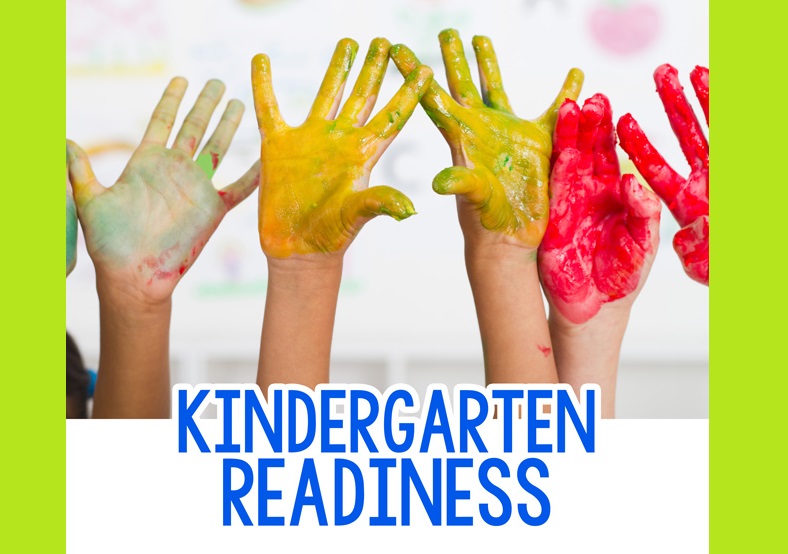Child Readiness for Preschool – 10 point checklist
Well, the simple answer is that there is no ‘Perfect Age’ to begin school. All kids are SCHOOL READY at their own pace. So to say, some kids are ready for play school at as early as 18 months while some need to wait till as long as 24 – 30 months. Here is a checklist for you to assess your child’s readiness.
If the kid
- Is toilet trained up to some extent. Which means if the kid can at least ask for a diaper change (through words or actions) post pooping or if the diaper feels wet and heavy?
- Displays confidence to do activities independently or with some help of a supervisor.
- Is not in acute phase of separation or stranger anxiety and is able to be away from family for few hours.
- Able to communicate his /her needs like higher, thirst, pain etc
- Enjoys stories, rhymes, music etc
- Shows interest in exploring new environment and outdoors.
- Shows interest in going to school looking at other kids his / her age.
- Shows improvement in immunity and catches infections less often as compared to the first year of infancy
- Is highly energetic and you are unable to channelize the energy in productive ways
- Is regular with sleep and eating habits
If most of the above mentioned criteria are met, parents should try by starting with lesser duration to let kids settle well in school. Sometimes few kids take longer than others to settle in school. They experience stranger anxiety, separation anxiety, difficulty in pooping or peeing in a new environment, loss in appetite, frequent stomach bugs, bouts of cough and cold etc. Usually all these issues settle down within a week or two, but if not, parents should be more patient and push play-school few months away by either a few more weeks of joint sessions through Parent Toddler programs or letting the kid be at home and doing home activities / interventions to build more confidence of the child. Below is a chart that you can refer to check kindergarten readiness of your child.
Basic Kindergarten Readiness Scale
| Academics | Self-Control | Motor Skills and Self-Care |
| Knows their ABCs or recognizes letters | Can control themselves | Has small motor coordination – can manipulate small objects |
| Identifies shapes | Can pay attention | Has general large motor coordination |
| Identifies colors | Controls impulses | Can take care of their own basic needs, e.g., go to the bathroom on own |
| Can count at least 10 objects | Follows simple directions | |
| Engages with literature | Can solve basic problems | |
| Can write their own first name | Plays well with peers | |
| Can recognize rhymes | Particpates in class time |

